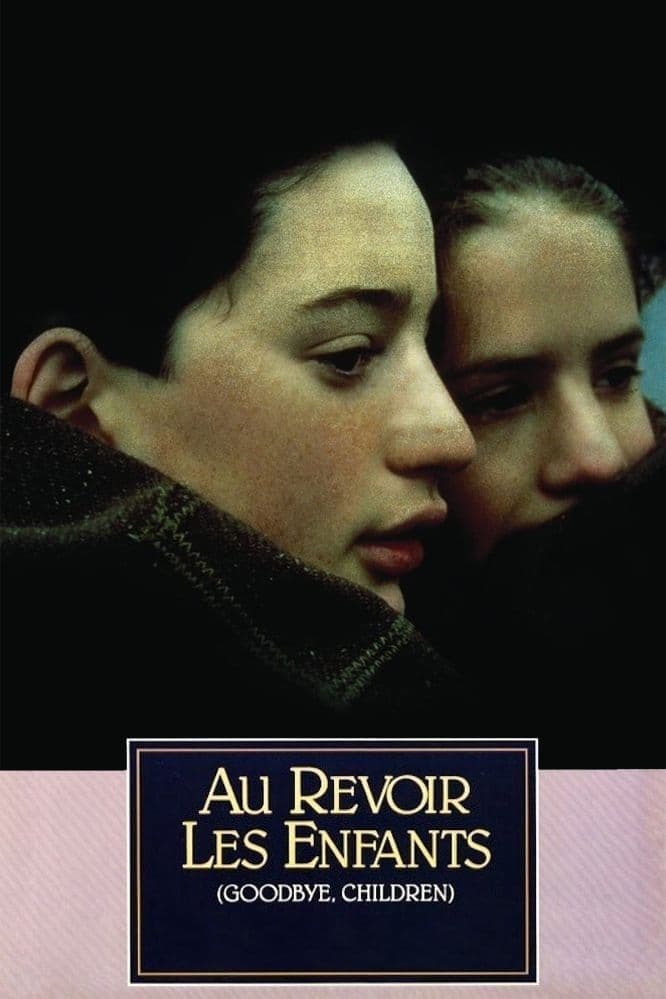
Au Revoir les Enfants
1987
Rate this movie
Average: 0.00 / 5
(0 votes)
Director
This is a strictly autobiographical work by Louis Malle, in which he returns in memory to the years spent in boarding school, to the friendship that bound him to a fellow student, and to the shame of Petain's France, a Nazi puppet persecuting Jews and oppressing the French people. Arrivederci Ragazzi is not simply a film; it is an act of memory, a painful and necessary confession, the cathartic culmination for Louis Malle who, for decades, carried the weight of a lacerating memory. This strictly autobiographical work, with its inexorable lucidity, sees him return in memory to the years spent in boarding school, to the ephemeral sanctuary of a brutally interrupted childhood, and to the burgeoning friendship with a fellow student, destined for an epilogue of harrowing and brutal honesty. It is a film that delves deep into a personal wound to reveal a collective plague: the shame of Pétain's France, not just a Nazi puppet, but the symbol of a nation torn between resistance and collaboration, between the honor of a few and the blind complicity of many, instigator of the persecution of Jews and the oppression of the French people. Malle does not merely narrate; he investigates the silence, the hypocrisies, the pervasive insensitivity that allowed the horror, making it a painful generational and national portrait.
The scene takes shape and place within the austere walls of a Catholic school in Fontainebleau – a non-secondary detail, as the location adds an additional layer of isolation and apparent immunity to the wartime fury – where innocence still breathes, albeit with difficulty. Here, in a protected but permeable microcosm, the fates of two emblematic figures intertwine: Julien Quentin, the director's alter ego, a model student with keen intellectual curiosity and the undisputed leader of his circle of friends, and Jean Bonnet, a Jew hidden with courageous piety by the Jesuits, who register him under a false name to protect him from the Gestapo's relentless grip. The encounter between the two is not an immediate idyll: it is a mutual exploration, a slow unveiling of different worlds, mediated by a natural reticence and those small childish jealousies that, rather than dividing, trigger the process of rapprochement.
The War, with its invisible yet palpable threat, rages around the boarding school walls, but at first does not seem to touch the almost arcadian sanctity of that place. It is a bubble of relative safety, an oasis of normality where lessons, games, and small daily rivalries can still flourish, ignoring or underestimating the barbarism gathering on the horizon. The imminence of tragedy is only suggested by distant echoes – the rumble of planes, sirens, sporadic incursions by German soldiers – which the school administration attempts to minimize. This fragile quiet, however, shatters with the violence of a rogue wave when, with chilling and sudden brutality, the Gestapo breaches the boarding school gates, tearing Jean away from Julien and with him the last vestige of a still-illusory childhood, delivering both to a marked and irreversible destiny. The arrest scene, with its chilling coldness and the silence of the bystanders, imprints itself on memory as a warning about the horror of complicity and helplessness.
But to reduce Arrivederci Ragazzi to merely a film about the great feeling of friendship binding the boys would be reductive. It is, rather, a profound investigation into lost innocence, the discovery of the "other," and the formation of a moral conscience in a context of ethical disintegration. It is moving, certainly, to observe how Malle paints this story from its nascent stage, with its hesitations and embarrassments, up to the tragic epilogue, which is not only the end of a friendship but the end of an era, the revelation of a brutal reality that childhood had not yet been able to decipher. The film avoids any easy sentimentality, relying on a modest tenderness and a dry, almost documentary-like narrative in its fidelity to memory.
The two boys, after minor initial clashes driven more by mutual distrust than genuine hostility, progressively draw closer, like two planets discovering a common orbit. Julien, initially annoyed by Jean's academic perfection and the aura of mystery surrounding him, learns to overcome prejudices and look beyond appearances. It is a growing path of empathy, marked by minimal gestures – sharing a book, complicity in a nighttime mischief, the warmth of a blanket – which reveal such deep mutual esteem and respect that they eventually become indispensable to one another. In this dynamic, Malle suggests how authentic friendship can transcend social and religious barriers, becoming a beacon of humanity in inhuman times. It is not just the story of a bond, but the chronicle of an awakening to awareness, a sentimental and moral education that unfolds in the looming shadow of History.
It is no coincidence that this work earned the Golden Lion at the Venice Film Festival in 1987, an acknowledgment that consecrated its indisputable artistic and moral value. Arrivederci Ragazzi strikes for its unmistakable mix of sentiment and lyricism, a perfect synthesis between the intimacy of personal narrative and the universality of its historical resonance. Malle's camera moves with a delicacy that borders on poetry, capturing not only facial expressions but also the rarefied atmospheres of the boarding school, the eloquent silences, the melancholic light of a winter that carries with it ominous omens. It is a lyricism that does not indulge in the pathetic, but elevates tragedy to aesthetic dignity, allowing the viewer to penetrate the essence of loss and regret without ever descending into facile emotion.
It is a work of dazzling formal rigor, which eschews all melodramatic excess to rely on the power of the unspoken, on the evocative force of glances and gestures. Its ability to move does not derive from narrative manipulations, but from acting perfectly tuned to the emotional tone the director wishes to impart to the narration: young Gaspard Manesse (Julien) and Raphaël Fejtö (Jean) embody their characters with rare naturalness and depth, conveying the nuances of a relationship that consolidates between distrust and affectionate complicity. Malle's exemplary staging, supported by cinematography that evokes the melancholy of memories and measured editing, confers upon the entire film an aura of authenticity that elevates it far beyond mere chronicle. In a cinematic landscape often inclined to the spectacularization of trauma, Arrivederci Ragazzi stands out for its quiet intensity, a subtle but incisive warning that echoes the lesson of authors like Robert Bresson in his search for an emotional essentiality, while maintaining an accessibility and tenderness alien to the more ascetic Bressonian rigor. It is cinema that becomes conscience, an indelible imprint that reminds us that memory, however painful, is the only bulwark against oblivion and the repetition of horrors.
Genres
Gallery

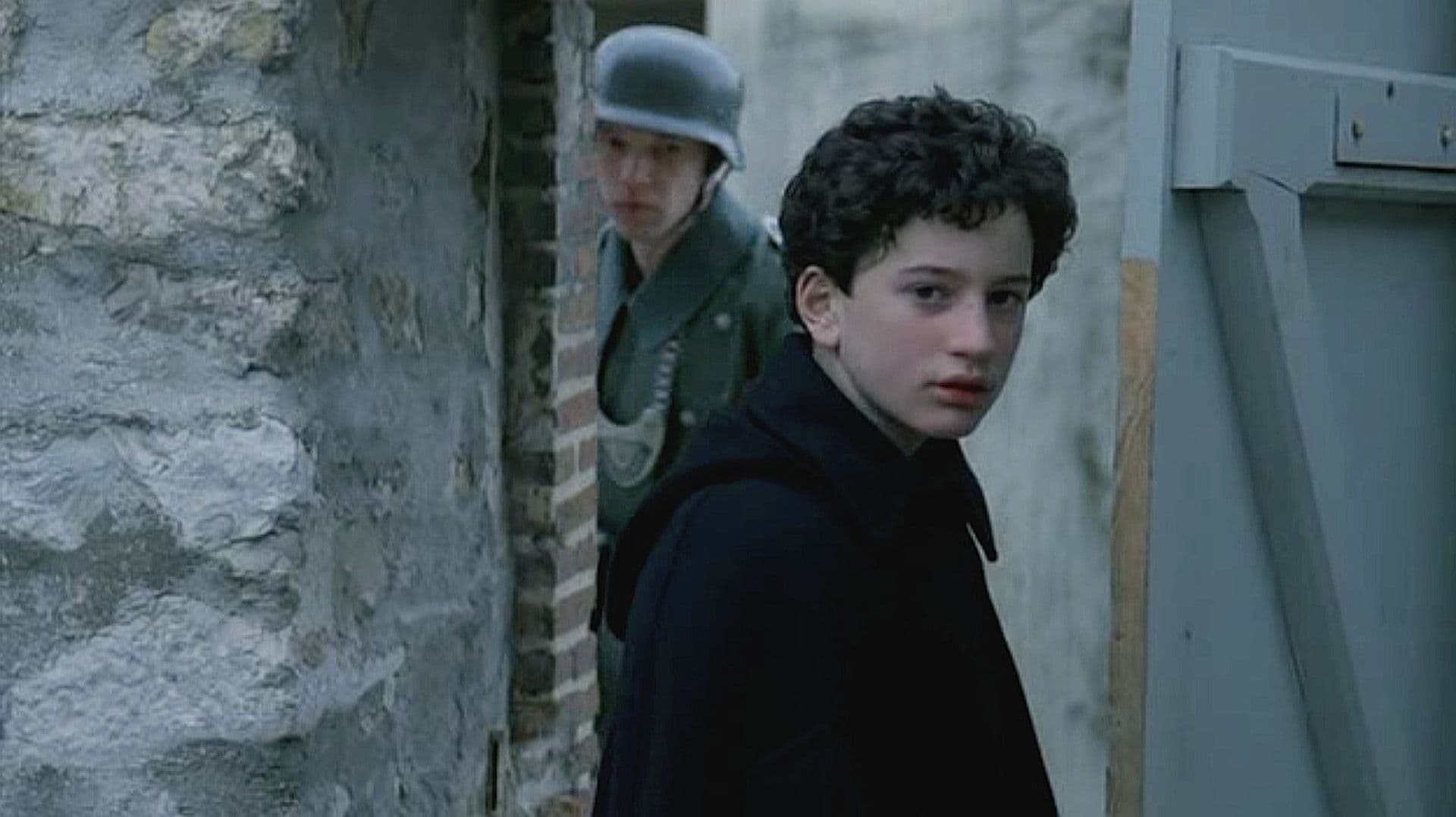
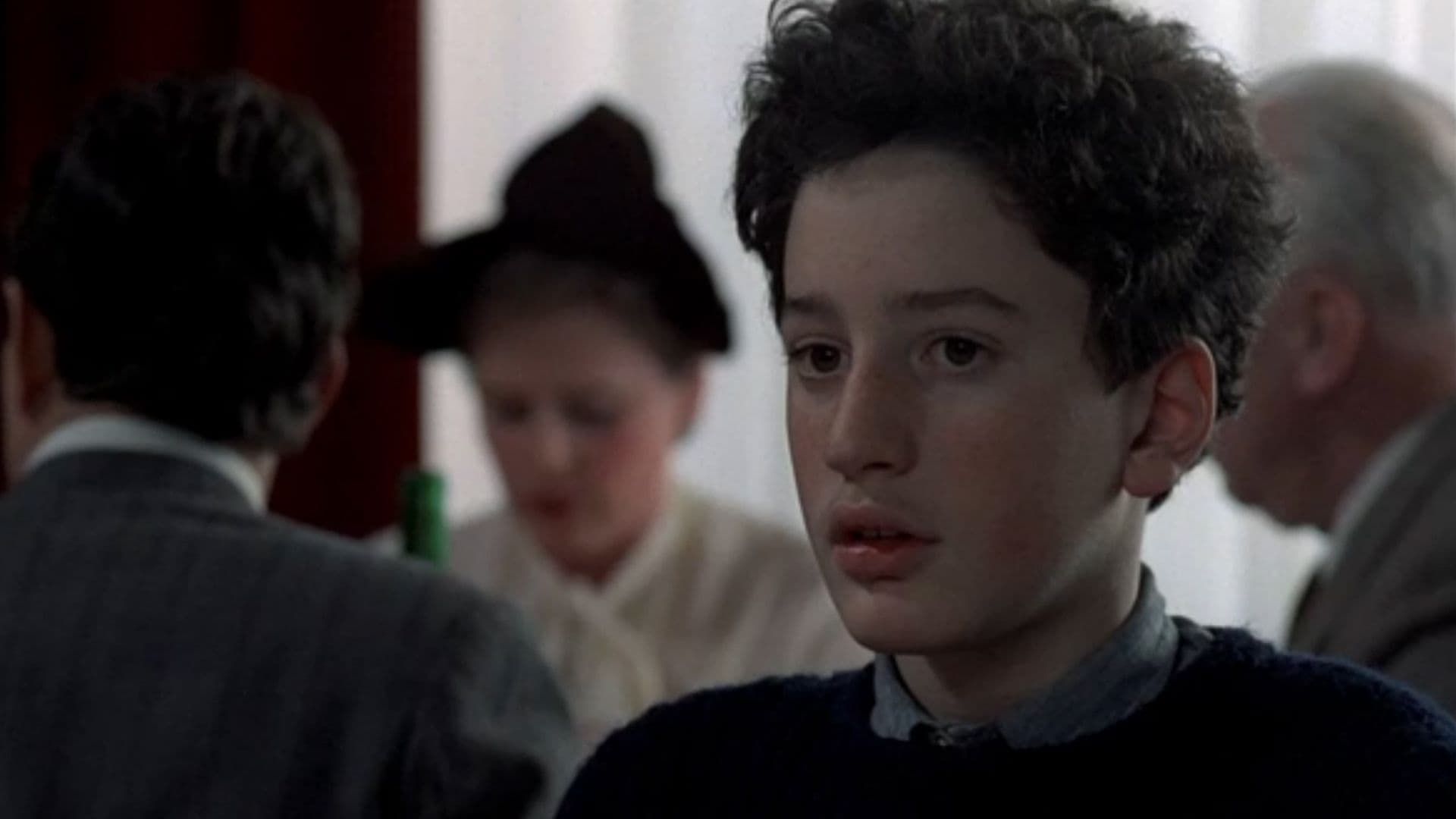
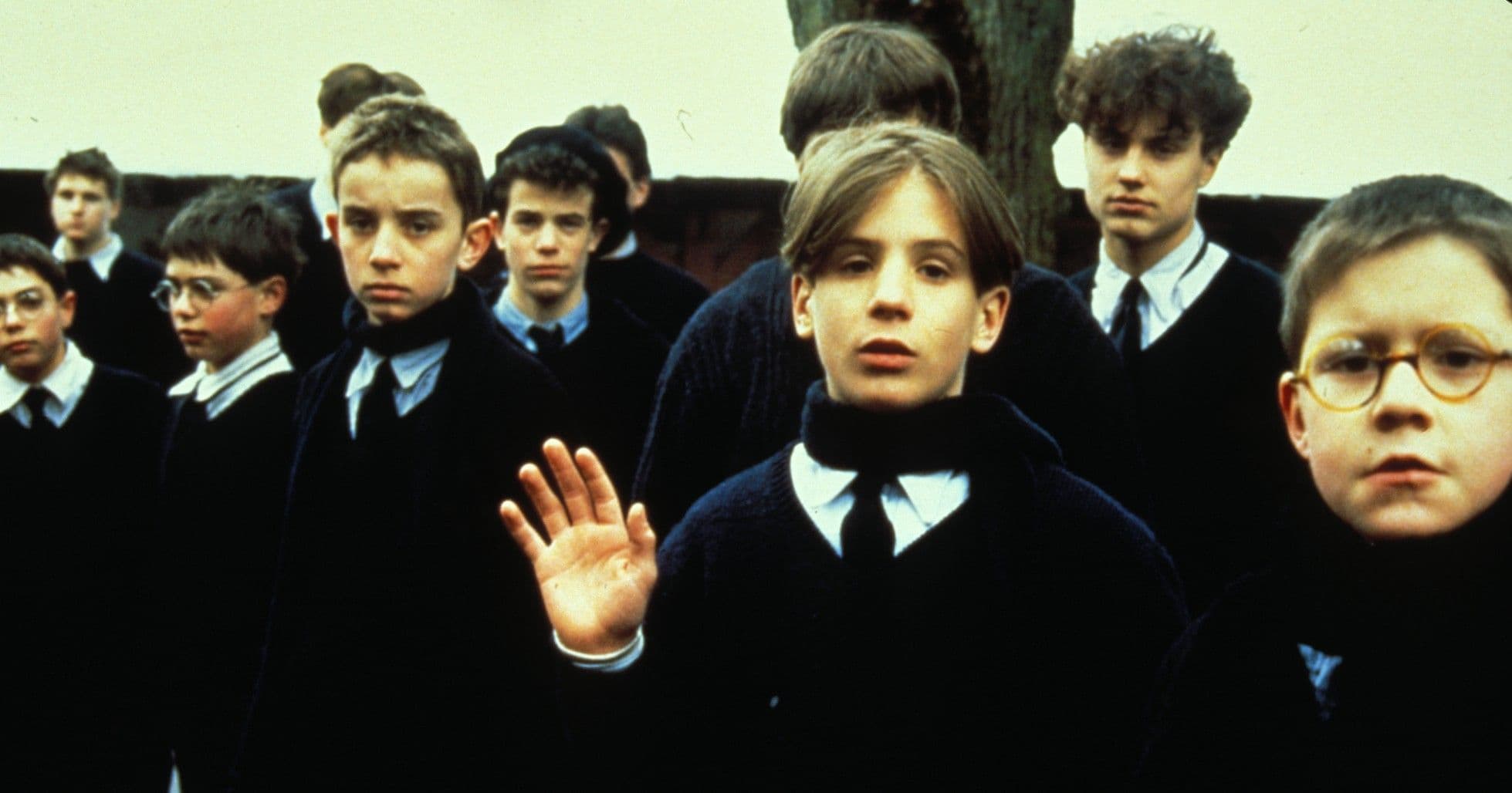
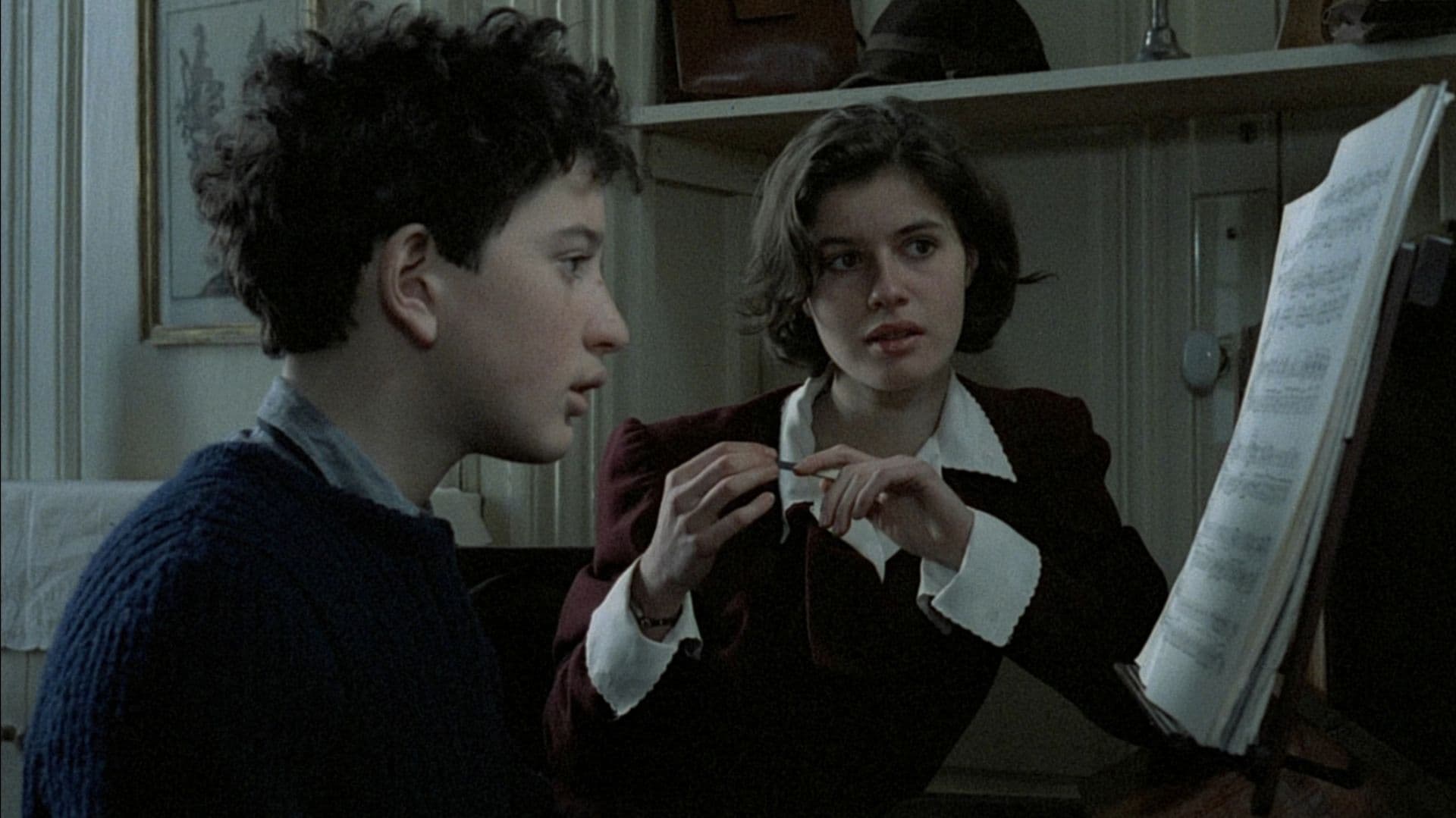

Comments
Loading comments...